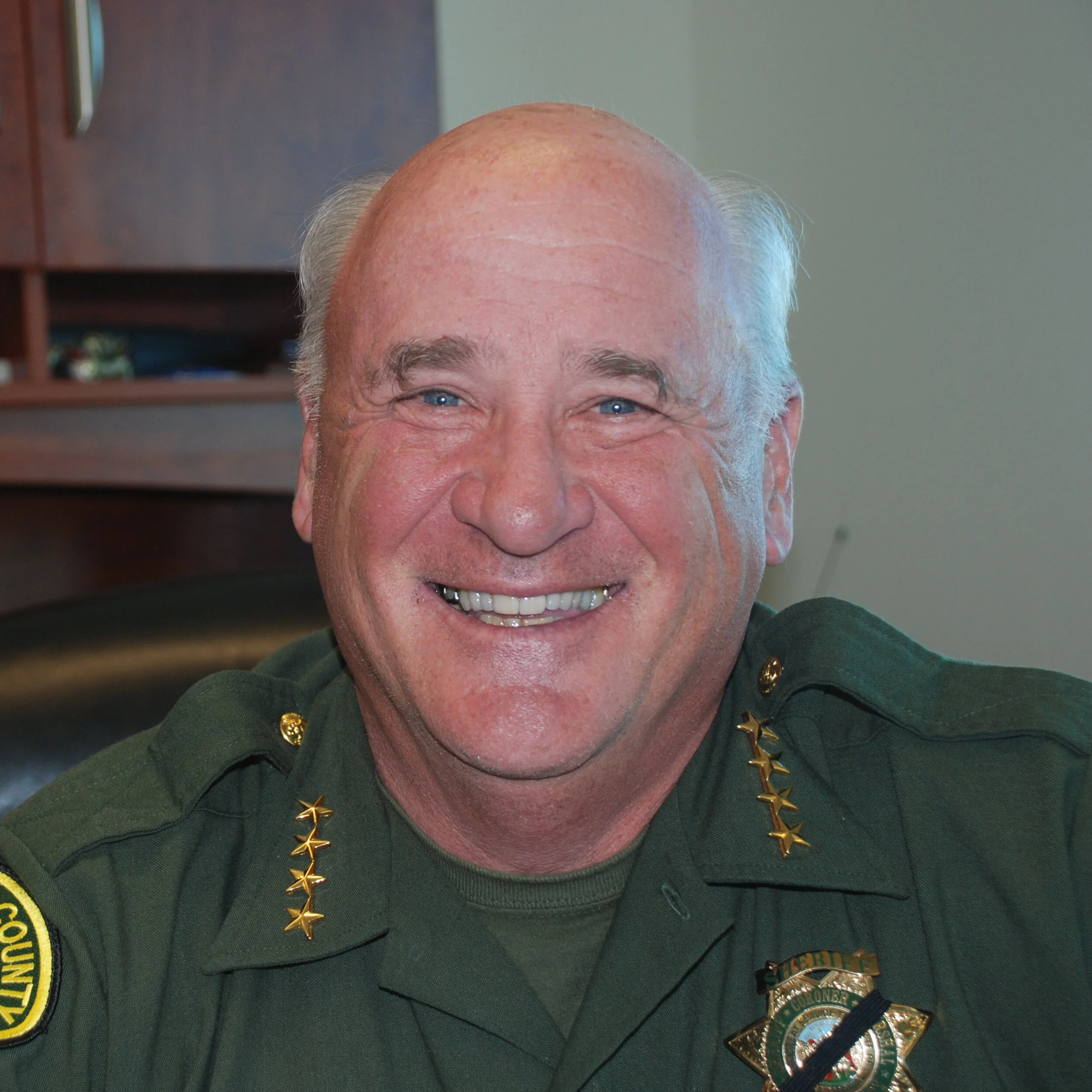Meeting today’s challenges with yesterday’s experiences.
Senior Wisdom is your opportunity to take in wisdom gained by our elderly population and apply this insight to your own life.
It’s a time machine of sorts, sending you back to challenges of pre-millennia time and places that stretch across the globe.
Tova Rotleng-Cohen lived through the tragedies of war as a very young, blue eyed, blonde Jewish girl living in Poland, and later, in Palenstine in the 1930s. Yes, you are right. This was immediately before the German army marched into Poland at the start of WWII. Fortunately for Tova, her Grand Father, Isaac Meyer Goldwin, who lived in Norway, persuaded Tova’s parents to send her, quickly, to Palestine. He recognized a war was on the verge and sent a ticket for Tova to have a means to get to Isreal. This act by a Grandfather that she never met saved Tova’s life.
Because of this, she survived, but the atrocities of the Holocaust impacted every other Jewish relative living Poland. They were never seen again. Tova grew up in a family that lived with the guilt that they were the only family members that survived the Holocaust. To be happy in her home was considered a sin. It was too difficult.
Tova tells her story of how she unexpectedly reunites with the memories of her grandfather and was given an opportunity to give tribute to him. Her story is expressed with memories of uncertainties in her lifetime and how she exercised hope and belief to overcome her many life challenges. Tova points out how the polio pandemic of her time concerned many but it didn’t last forever.
A reminder that today’s COVID epidemic also will not be forever in today’s world. Hope and belief are paramount when coping with the many challenges that life brings us.




















